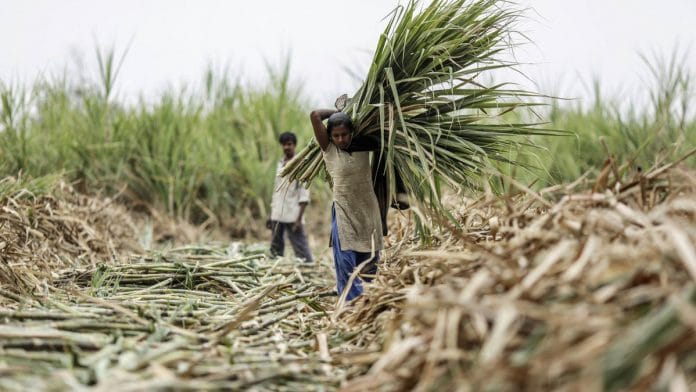Melbourne: Australia has intensified its sugar related dispute with India by formally asking World Trade Organisation (WTO) to set up a panel to probe if the world’s second-largest sugar producer was breaching its obligations, a media report said Friday.
In March, Australia was joined by Brazil to lodge a formal complaint against India with the WTO alleging that India’s continued sugar subsidies to farmers have led to a “glut” and “depressed” global prices.
Australia along with Brazil and Guatemala joined hands to ask the WTO to set up the dispute panel to probe if India was breaching its obligations.
Australian Financial Review report quoted Australian Trade Minister Simon Birmingham saying “India has not taken concrete action to response to Australia’s long-held concerns and continues to provide subsidies in breach of its WTO commitments.”
“The longer these unfair subsidies continue, the greater the impact will be on our hardworking Australian cane growers and millers and the regional jobs they create,” he said.
Also read: India’s sugar output plunges to 3-year low due to droughts
It says India’s subsidies have contributed to a global sugar glut and hurt Australian farmers.
“Australia’s relationship with India is strong and it shows how valuable the trading system is that even close partners with good relations can utilise WTO processes to address trade disputes.”
Agriculture Minister Bridget McKenzie said, “This is about protecting over 40,000 jobs and the regional communities that are supported by our sugar industry.
Australian government’s latest action has come with a view to support its 2 billion dollar sugar export sector.
The federal government action has been welcomed by local cane growers and millers.
“As an unsupported, efficient sugar producer, Australia wants to see India commit to major reforms that at least bring its subsidies in to line with its WTO entitlements,” Australian Sugar Milling Council chief executive David Pietsch said.
“If it played by the WTO rules it committed to, India could make two important changes: drop its use of export subsidies and link sugarcane prices to sugar prices.”
Also read: It’s not your fault that you eat so much sugar






